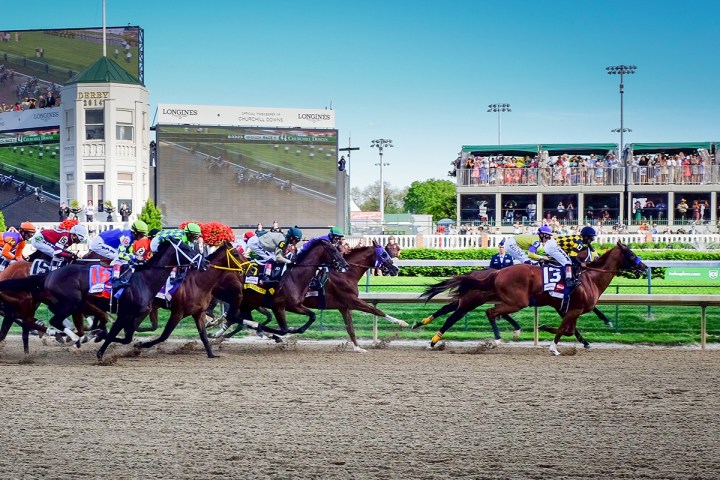
If two minds are better than one, then three minds are better than two, four minds are better than three, and so on. That’s the logic behind swarm intelligence – a form of crowdsourcing inspired by nature. You can witness the power of swarms throughout the animal kingdom: birds swarm to evade predators, and ants swarm to remove debris or defend their nest. But swarms aren’t used by humans because we haven’t evolved to leverage them – until now.
A startup called Unanimous AI has developed an insect swarm-inspired system, in which individuals within a group influence each other’s decision making. In theory, a swarm makes better choices than an individual. Unanimous AI’s system, UNU, seems to depict this in practice as well.
Challenged by a TechRepublic journalist, Unanimous AI asked 20 knowledgable Kentucky Derby fans to use the startup’s swarm intelligence program to predict the Derby’s top four finishers. The odds of correctly predicting the top four finishers, in order –known as a superfecta– were 540 to 1. That means a $100 superfecta bet would pay out $54,000. None of Churchill Downs Racetrack’s experts put the correct horse first, but the UNU users did.
“Personally, I was speechless,” Unanimous AI CEO, Louis Rosenberg, said in a press release. “We’ve been blown away by how smart UNU has been in prior predictions, but when the horses crossed the line I almost didn’t believe it… And here’s the amazing thing – while the Swarm AI got the picks perfect, not a single individual who participated in the swarm got the picks right on their own – not one.”
This isn’t the first time Unanimous AI’s users have swarmed together to outperform experts – since Rosenberg founded the startup in 2014, the system has correctly predicted Super Bowl and Oscar winners as well. Last year, seven non-expert UNU users correctly predicted 11 out of 15 Oscar category winners. The swarm’s 73 percent accuracy topped the New York Times’ experts by 18 percent.


